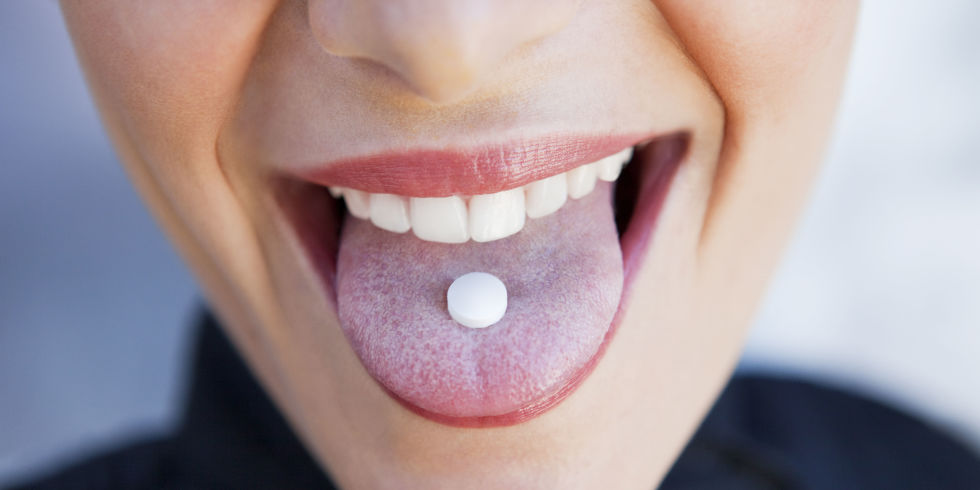Acne/ Birth Control Pill
For some female clients, treatment-resistant acne is triggered by excessive production of hormonal agents called androgens. With extra androgens in your system, your oil-producing glands go into high gear --- therefore does your acne. A number of ideas can help your medical professional identify acne that might be influenced by hormones: acne that appears in grownups for the very first time; acne flare-ups preceding the menstruation; irregular menstruations; hirsutism (excessive development of hair or hair in uncommon locations); and elevated levels of particular androgens in the blood stream.
Teenage ladies and adult females whose acne has resisted treatment with antibiotics or topical retinoids may be candidates for hormone therapy. Once a patient's acne is determined as hormonally affected, the physician will be able to prescribe a number of various therapies, or perhaps a mix of a number of various drugs; "combination therapy" is often the best approach to this kind of acne. Following are a few typical components of treatment for hormonal acne, but remember to consult your doctor prior to utilizing any of the treatments noted here.
Acne/ Birth Control Pill - Oral contraceptives. Birth-control pills (a mix of estrogen and progestin taken orally) are frequently recommended for hormonal acne. Low dosages of estrogen aid reduce the androgens produced by the ovaries, and the newer progestin representatives, consisting of desogestrel and norgestimate, are less androgenic than those discovered in older solutions. While only Ortho Tri-Cyclen and Estro-Step are currently authorized by the FDA for this indicator, professionals agree that low-dose contraceptives enhance acne regardless of which formula is used. Consult your gynecologist to find the formula that's right for you. While side effects are uncommon, some ladies may experience brownish blotches, or melasma (hyperpigmentation) on the skin. These can be treated with topical bleaching agents.
Acne/ Birth Control Pill - Anti-androgens. Spironolactone, a high blood pressure medicine with anti-androgenic homes, has shown fairly efficient in the treatment of acne.
NOTE: Spiranolactone is tetrogenic and can cause feminization of a male fetus. If you are sexually active and not taking "the pill," it's imperative that you use another type of contraception.
Acne/ Birth Control Pill - Corticosteroids. Small doses of corticosteroids, like prednisone or dexamethasone, might suppress swelling and suppress the androgens produced by the adrenal glands. Remember that in some acne victims, corticosteroids may actually aggravate acne; they're most efficient when utilized in combination with oral contraceptives.
In conclusion, if you believe your acne is hormonally caused, see your doctor immediately. While this sort of acne needs a various course of treatment, it is extremely treatable. More about your hormonal agents.
For clients who struggle with moderate to serious acne, physicians might prescribe a combination of topical remedies and oral prescription antibiotics. The most typical oral medications used to deal with acne are tetracycline, minocycline, doxycycline and erythromycin.
Prescription antibiotics for Acne - HOW THEY WORK
Like Benzoyl Peroxide, antibiotics manage breakouts by suppressing the body's production of
P. acnes, the bacteria that triggers acne, and reducing swelling. This procedure might take numerous weeks or months, so be client. And remember, you're not "cured" just due to the fact that your breakouts have actually gone away. That's the medicine doing its task-- so if you stop taking it, your acne will probably return. Doubling up on your medication won't make your skin clear up two times as fast. Utilizing your topical prescription antibiotics more frequently than prescribed might actually induce greater follicular irritation and plugging, which slows cleaning time. And taking your oral medications more often than recommended will not help your skin clear faster-- but it will increase your chance of experiencing undesirable negative effects.
Prescription antibiotics for Acne - WHERE TO GET THEM
If you have moderate to severe acne, consult your dermatologist; he or she will discuss your alternatives and help you make the finest option. And again, do not stop using your medication when your skin clears-- let your medical professional make that call.
Prescription antibiotics for Acne - COMMON SIDE EFFECTS
With many of the antibiotics used to deal with acne, side impacts might consist of photosensitivity (greater risk of sunburn), upset stomach, lightheadedness or lightheadedness, hives, lupus-like signs and skin discoloration. Some ladies report a higher occurrence of vaginal yeast infection while taking antibiotics; these can usually be treated with over the counter antifungal medication or a prescription antifungal, such as diflucan.
A number of hints can assist your medical professional determine acne that might be influenced by hormonal agents: acne that appears in adults for the very first time; acne flare-ups preceding the menstrual cycle; irregular menstrual cycles; hirsutism (extreme growth of hair or hair in unusual locations); and elevated levels of certain androgens in the blood stream.
As soon as a patient's acne is identified as hormonally affected, the doctor will be able to recommend a number of different therapies, or perhaps a mix of several different drugs; "mix treatment" is frequently the best method to this kind of acne. In some acne sufferers, corticosteroids may in fact aggravate acne; they're most efficient when utilized in combination with oral contraceptives.
P. acnes, the bacteria that causes acne, and decreasing swelling. With most of the prescription antibiotics utilized to treat acne, side impacts might consist of photosensitivity (greater danger of sunburn), upset stomach, dizziness or lightheadedness, hives, lupus-like symptoms and skin staining.
Wednesday, March 16, 2016
Acne Treatments with the Use of Birth Control Tablets and Prescription antibiotics
Subscribe to:
Post Comments (Atom)

No comments:
Post a Comment